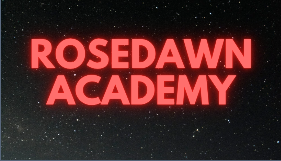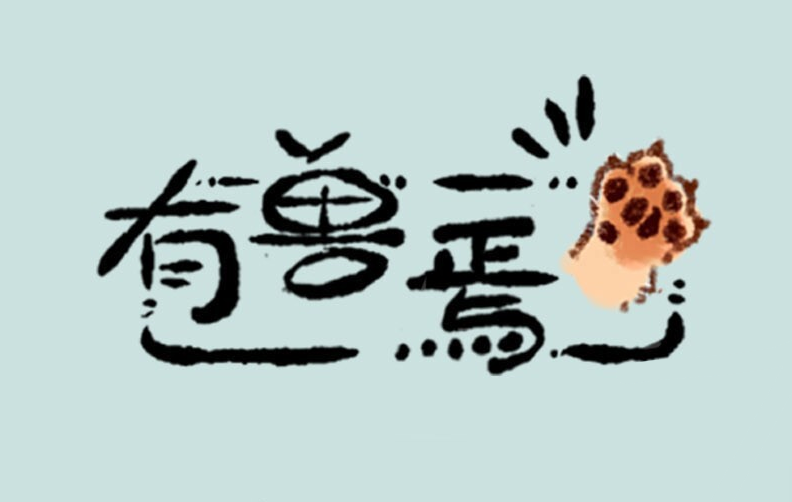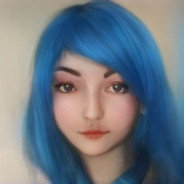Ashlanders should follow the same accent guide as regular Dunmer, but with a few changes.
Whereas “House” Dunmer avoid the rhotic R, Ashlanders should have a lightly rolled R instead. Their Cyrodilic (English) recitation should be choppier to help distinguish them from the other Dunmer. Depending on how good they are with Cyrodilic (English) their accent may even sound Dothraki or Mongolian.
Speaking native Dunmeri words, the choppiness is gone from Ashlanders, and should become something more akin to Dothraki, or Polish (many of our Ashlander Voice Actors are Polish - so this is just a thing that happened).
Ashlander females need to crank up the elderly wisdom vibe to 11. Ashlander males will sound dismissive, suspicious, and cold when speaking to non-Ashlanders. Additionally, Ashlander males need to have the khargyraa rasp.
Dunmeri Pronunciation: Foremost, the vowels. There are 6 major vowels, and they're almost universally spoken in the same way:
Dunmeri vowels are to be pronounced discretely from each other, as in Japanese. Karaoke, for instance, maintains the a and the o in the middle as distinct sounds - same for the Dunmeri word 'Oad', meaning harbor. It's not just a long O sound (like toad), it's long-O and then A as in 'father' - two syllables. Double vowels of the same type are to be held for a slightly longer duration - again as in Japanese. The Dunmeri alcoholic beverage 'greef' is not to be pronounced with a long 'E' sound, but rather E as egg. Just hold the vowel sound a bit longer.
Three exceptions to these rules are: An "ay" together will have a long "A" sound (as in "say", ā ), rather than separate ah-ee sounds; an "ai" together will have a long "i" sound (as in "die" or "sigh", aɪ ), rather than separate "ah-ih" sounds; and an "i" at the end of a word (excluding when it is part of an "ai" pair) will have a long "e" sound (similar to real-world names like Bobbi, ē ). Other exceptions would be explicitly noted in your script (e.g. Gnisis: KNEE-sis).
Dunmeri consonants are the same as English consonants for the most part, with a few quirks. Double 'L's you can pronounce just like regular 'L'. The name Llethri would be normal 'L' sound, 'e' as egg, 'th' as 'thistle', 'i' as pig.
Please read both the English and Dunmeri lines below. The Dunmeri translations are provided for context, but should not be read.














































